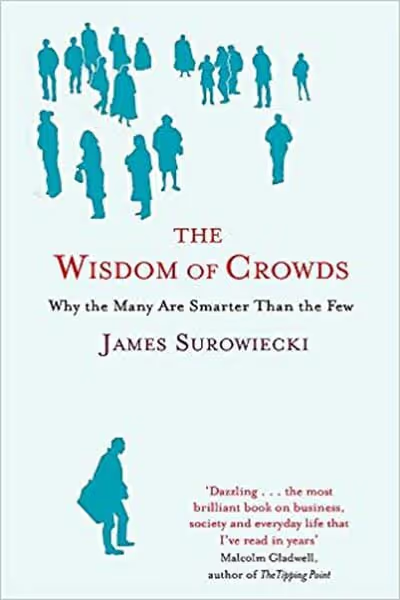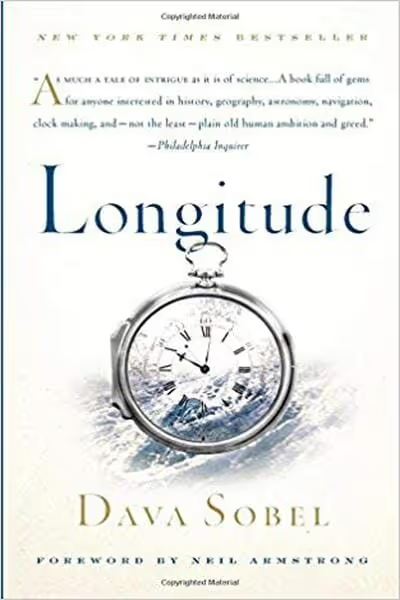The Circadian Code
When we eat may be as important as what we eat.
Like most people, you probably wake up, get hungry for meals and doze off in bed around the same time every day. If you’ve ever experienced jet lag or pulled an all-nighter, you know that this schedule can easily be thrown off kilter. But for some people, that imbalance—difficulty sleeping at night, hunger at odd times, or sudden fatigue at noon—is a constant. If you're one of those people, Dr. Satchin Panda, one of the leading researchers on circadian rhythms, has a plan to reset your body clock.
Beginning with an in-depth explanation of the circadian clock—why it’s important, how it works, and how to know it isn’t working—The Circadian Code outlines lifestyle changes to make to get back on track. It's a concrete plan to enhance weight loss, improve sleep, optimize exercise, and manage technology so that it doesn’t interfere with your body’s natural rhythm. Dr. Panda’s life-changing methods show you how to prevent and reverse ailments like diabetes, cancer, and dementia, as well as microbiome conditions like acid reflux, heartburn, and irritable bowel disease.
Our modern lifestyle, in which we spend most of our time indoors looking at bright screens and turn on bright lights at night, activates melanopsin at the wrong times of day and night, which then disrupts our circadian rhythms and reduces the production of the sleep hormone melatonin; as a result, we cannot get restorative sleep. When we wake up the next day and spend most of the day indoors, the dim indoor light cannot fully activate melanopsin, which means that we cannot align our circadian clock to the day-night cycle, making us feel sleepy and less alert. After a few days or weeks, we get into depression and anxiety.























































